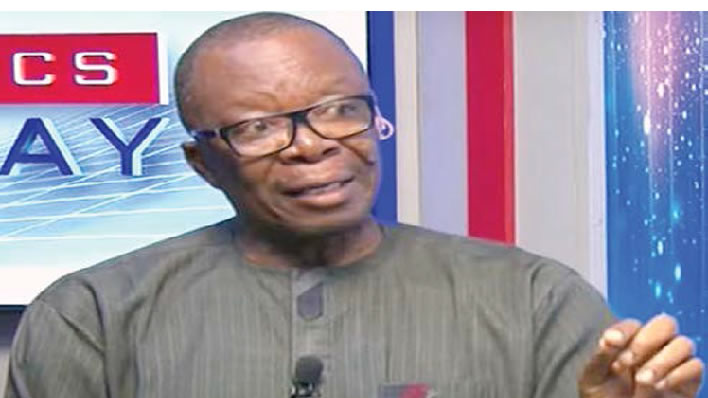After weeks of confusion and anxiety, the federal government on Friday directed that schools should put their facilities in order for reopening by July 29. This came after a meeting with officials of the West African Examination Council (WAEC) on the need to shift the date of the examination earlier scheduled for August 4, citing safety concerns over Covid-19. The federal government is now consulting with other four countries on a new date for the examination.
This is a welcome relief after the indecision reflected in the flurry of announcements about the reopening of schools generated concerns among the populace. The Presidential Task Force on Covid-19 had in June said that the schools, shut down since March to curtail the spread of Covid-19, would be opened to allow students in their final year to write the 2020 West African Senior Secondary School Certificate Examination (WASSCE). The Minister of State for Education, Chukwuemeka Nwajiuba subsequently announced that the prerequisite conditions that must be met before the schools are reopened. These include the decontamination of school premises, hand-washing facilities, body temperature checks, ensuring social and physical distancing in classes and all other necessary protocols to protect public health. And in a presentation to the Senate Committee on Basic and Secondary Education supported with a 52-page document, Nwajiuba said “we have suggested how we can move our education sector forward during this pandemic.”
However, that major policy decision was later jettisoned by the Minister of Education, Adamu Adamu who created the impression that the federal government had issues with WAEC over the examination date. Yet the examination body gave more than three-month window to the countries to consult and agree on the way forward. As expected, Adamu’s directive yielded protests among major stakeholders, dividing the country into the usual politics of North versus South. The 19 commissioners of Education in the North issued a joint statement aligning themselves with the decision of the federal government that the schools should remain shut. The six southwest states and two others from the south-south (Ebonyi and Cross River), however, thought differently. They signified their readiness to allow their pupils to sit for the 2020 WASSCE.
The 1999 Constitution (as amended) is on the side of the states as education is on the concurrent list. The Nigeria Union of Teachers (NUT) the National Association of Proprietors of Private Schools (NAPPS) and the National Association of Parent Teachers Association of Nigeria (NAPTAN) had also resolved to get the schools reopened. Besides, the House of Representatives in a resolution specifically urged President Muhammadu Buhari to direct the “partial” resumption of school classes for final year students. According to the chairman of the House Committee, Prof Julius Ihonvbere, what the current situation reveals is that “our policy makers may just be adopting a laid-back approach to the need to confront the novel coronavirus rather than taking proactive and creative steps to manage and contain it.”
What has become apparent in the countless debates and reversals is a clear lack of preparation by the government. In some countries in Europe and Asia, schools were reopened for their graduating students with the application of innovative measures which have kept the spread of the virus low. Ghana, a neighbouring country, also reopened its schools since June with the adoption of the same measures. Studies have also shown that children are less likely than adults to be infected with Covid-19. The United Kingdom is even more proactive. The authorities there decided since March, on realising the pandemic wasn’t going to be short term, to cancel IGCSE O’Level and A’Level May/June exams. They decided to base this year’s results on the schools’ internal exam results over the last two years or thereabouts. The schools were advised to send the report, based on certain criteria, to the examination body for a review. The examination body will however release the final grades in August. All the stakeholders – teachers, parents, and students were kept informed of developments.
It is good that a tentative agreement has been reached on WASSCE. But if there is any lesson from the COVID-19 in Nigeria, it is that government at all levels should begin dealing with how to revamp the education sector in line with global trends.








